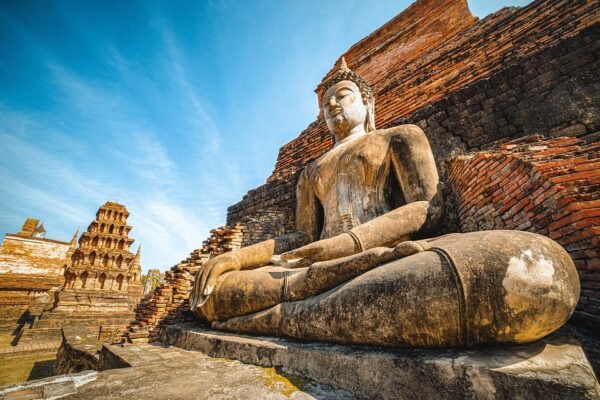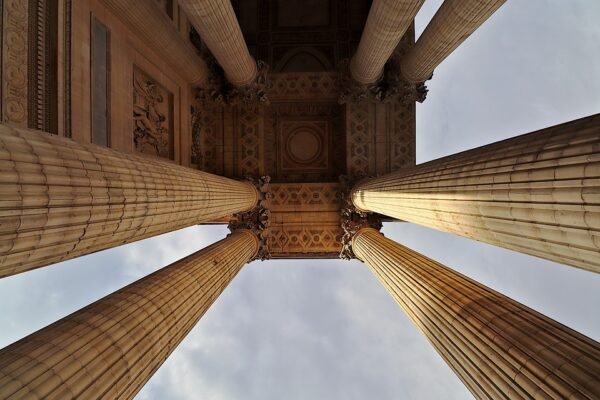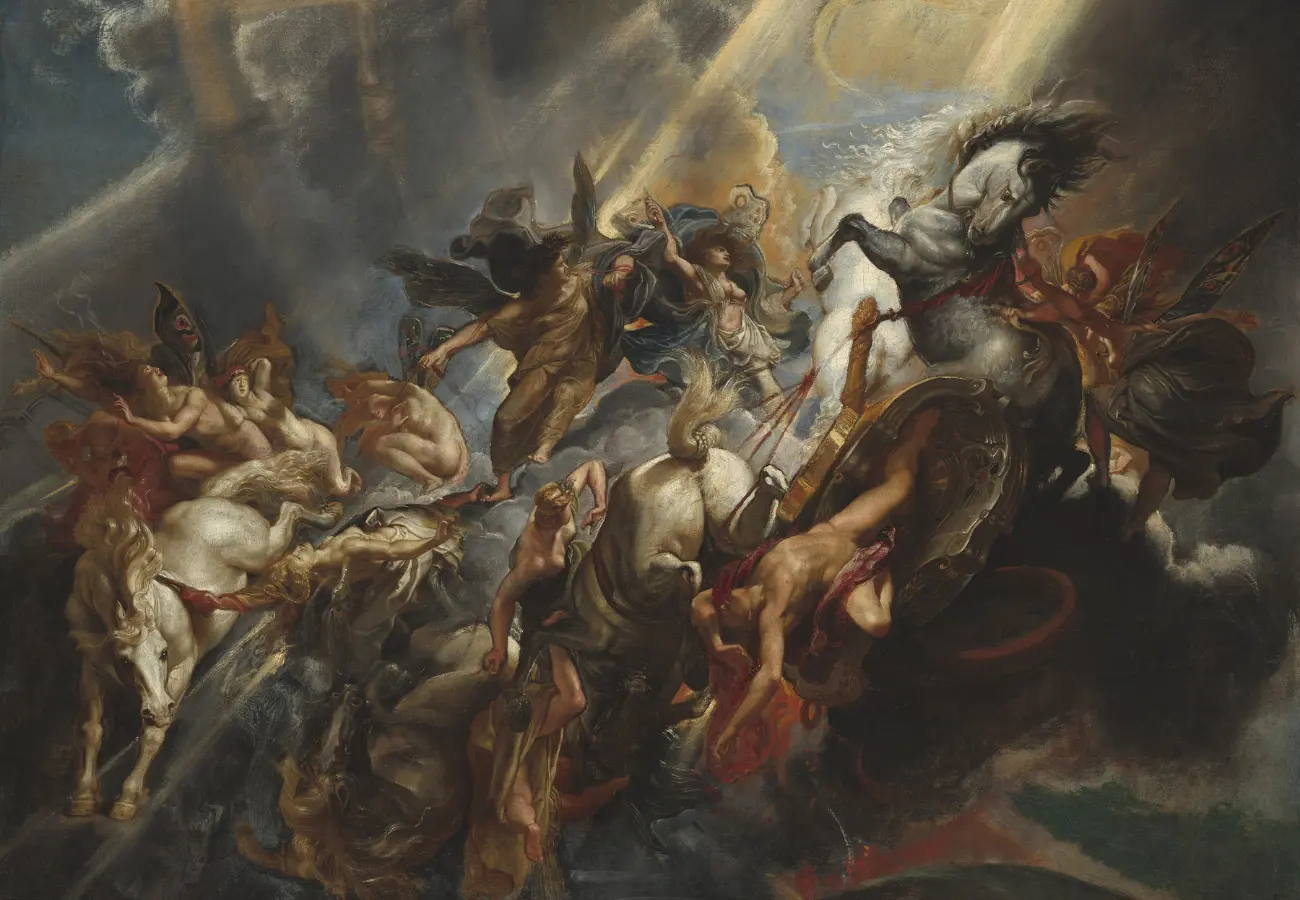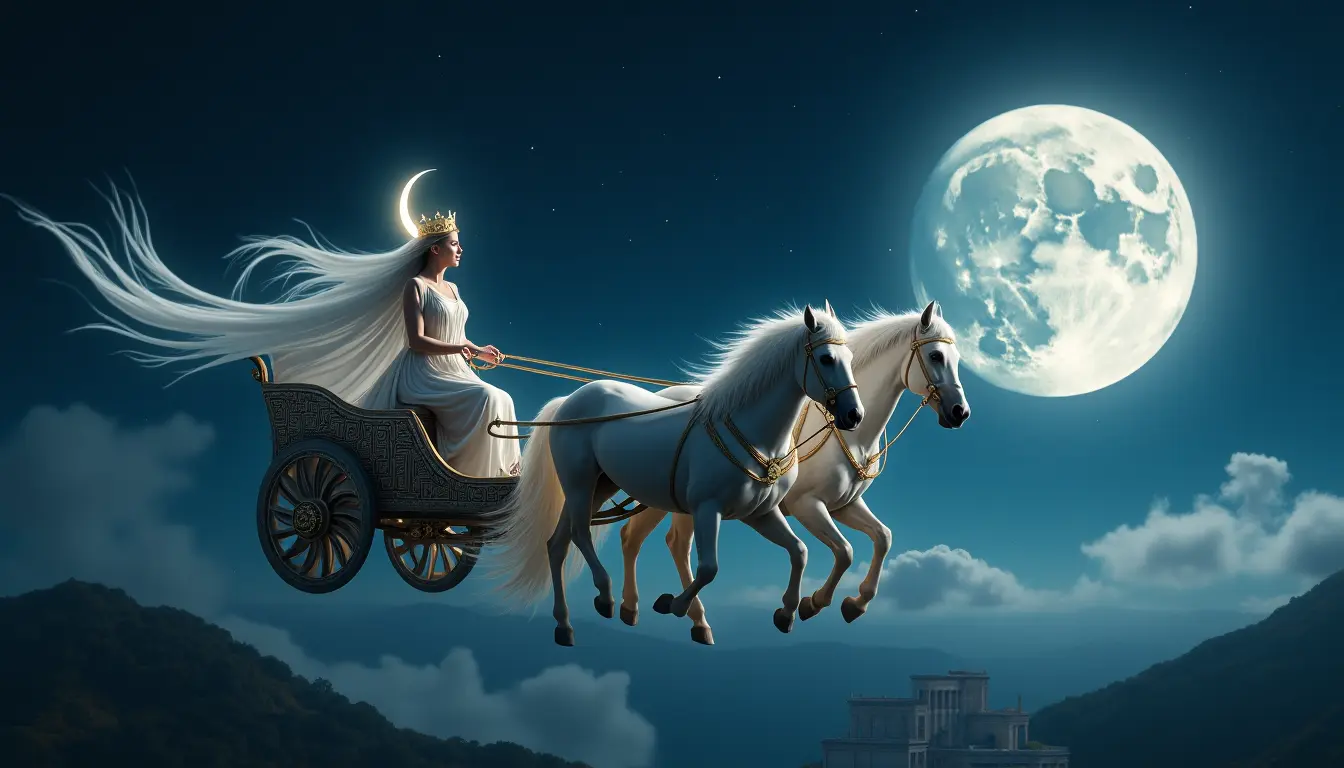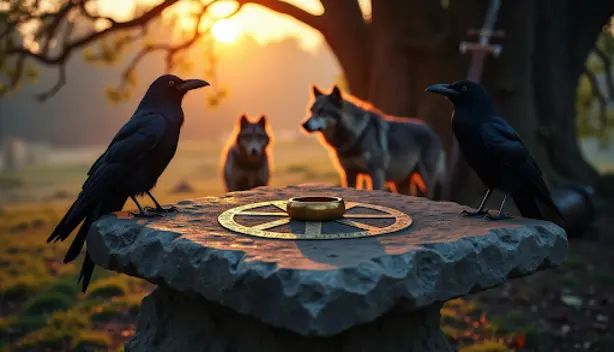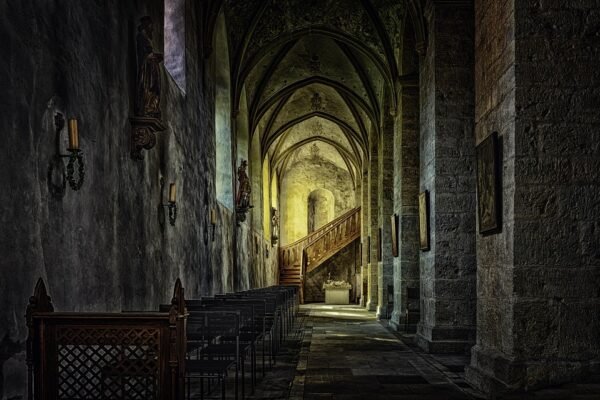
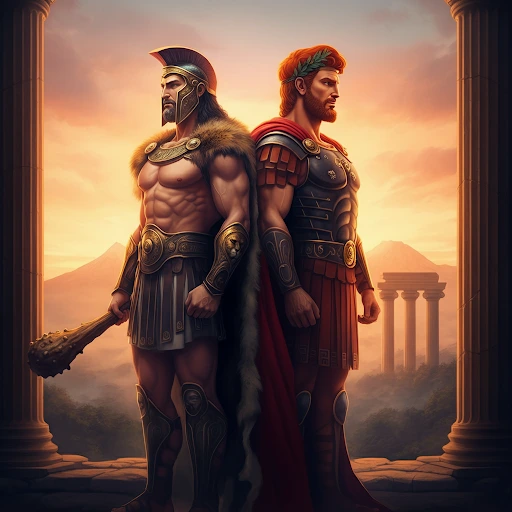
Decoding Greek & Roman Hero Myths
Mythology has long been a source of fascination for humanity, with tales of gods, heroes, and extraordinary feats captivating audiences for centuries. One hero, in particular, has left a lasting impact on both Greek and Roman cultures, transcending time and inspiring modern storytelling. Known as Heracles in Greek mythology and Hercules in Roman mythology, this iconic figure’s story embodies the cultural characteristics of each civilization, while also highlighting the similarities and differences between the two interpretations.
Heracles and Hercules are essentially the same hero, celebrated for their strength, courage, and legendary deeds. However, their identities evolved uniquely within the Greek and Roman traditions. Heracles, rooted in Greek mythology, symbolizes human struggle and moral lessons, connecting the mortal and divine realms in tales that define the Greek ethos. On the other hand, Hercules became a prominent figure in Roman mythology as the Romans adapted and incorporated Greek myths into their own culture. To the Romans, Hercules embodied strength, virtue, and heroism, aligning with the values they sought to promote across their vast empire.
The transformation of Heracles into Hercules highlights how myths evolve when passed between cultures, taking on new meanings and nuances. In Greek mythology, Heracles, whose name translates to “glory of Hera,” is the son of Zeus and a mortal woman named Alcmene. Despite his divine parentage, Heracles faces mortal conflicts, particularly with Hera, who despises him due to Zeus’s infidelity. Hera’s resentment leads to many of Heracles’ struggles, including the tragic events that set the stage for his penance and heroic deeds.
Heracles is best known for his 12 Labors, a series of nearly impossible tasks assigned to him as penance. These labors showcase his strength, resilience, and ingenuity, with iconic feats such as slaying the Nemean Lion, capturing the Golden Hind of Artemis, and retrieving Cerberus, the three-headed guard dog of the underworld. These labors not only define Heracles’ heroism but also impart valuable lessons about perseverance and redemption.
The hero’s life ends tragically when he is accidentally poisoned by his wife, Deianira, leading to his ascension to Mount Olympus as a god among the pantheon. In Roman mythology, Hercules is reimagined as a hero who embodies the Roman ideals of strength, discipline, and moral virtue. He becomes a cultural icon and religious figure, representing power and protection, often invoked during military campaigns or as a patron of travelers.
While Heracles remains a mortal-turned-demigod in Greek mythology, Hercules transitions more explicitly into a deity in Roman culture, worshipped as the god of strength and protector of travelers. The physical features and representations of both heroes reflect their muscular and powerful attributes, often depicted wearing a lion skin and carrying a club. However, Roman depictions of Hercules tend to refine his imagery, aligning it with Roman ideals of perfection and godlike demeanor.
In modern culture, Heracles and Hercules continue to be enduring icons, inspiring adaptations in films, books, and TV shows. These characters captivate audiences with their strength, bravery, and resilience, blurring the distinctions between Greek and Roman traditions in storytelling. The key differences between Heracles in Greek mythology and Hercules in Roman mythology lie in their cultural focus, role in society, and divine elevation, reflecting the larger contrasts between Greek and Roman myths.
Understanding the differences between Heracles and Hercules enriches our appreciation of mythology and provides insight into how ancient civilizations shaped their identities through storytelling. These myths not only narrate heroic adventures but also reflect the values, aspirations, and challenges of the societies that created them. The stories of Heracles and Hercules continue to inspire art, literature, and popular culture, demonstrating the timeless relevance of these ancient legends in today’s world.


